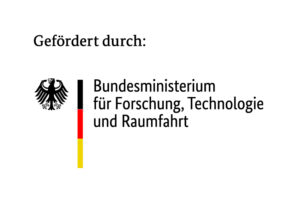When considering hydroclimatic extreme events MEWS considers the effects of present and future extreme hydrologic inputs on water supply drinking water quality, and also the effects of the transport and processing of the input nutrients and organic carbon as it moves from input to water supply withdrawal.
The Main Goals of MEWS
- To develop a freely available comprehensive modelling tool that will allow stakeholders to evaluate the effects of extreme hydro-climatic events on drinking water quality.
- To co-develop the modelling system with stakeholders from Three demonstration sites, including scenarios, workflows, documentation and training
- To increase our understanding of the complex regulation of the effects of extreme events and antecedent conditions on water quality at the water supply withdrawal under present and future conditions.
Background
All Extreme Events are not Equal
A key premise of MEWS is that when considering the effects of hyro-climatic extreme events on surface water supplies , it is not sufficient to only evaluate the inputs to a water supply that result from extreme precipitation. MEWS emphasizes that it is also the changes in the form, bio-availibillity and quantity of inputs that occur as a consequence of the transport of materials in the water body.
Key Concepts
- Drinking water reservoirs are often created in impounded river basins. Major inputs are separated from water supply withdrawal
- It is not only event input but the transport and processing of the input that affects water quality at the withdrawal
- The effect of an extreme event is not just related to increased precipitation amount, but also antecedent watershed and waterbody conditions:
- Soil moisture – Runoff Response
- Thermal structure and water level – Reservoir transport and biogeochemistry
- Extreme events related to reduced precipitation and reduced water level increase the importance of internal reservoir processes
- Antecedent conditions affect not only watershed and water body response but also the coupling between systems.
- Antecedent conditions are complexly affected by climate change
Participants
Sweden

Don Pierson
Jorrit Mesman
Hampus Markensten
Dolly Kothawala
Israel

Yael Amitai
Gideon Gal
Shajar Regev
Ioannis Keramidas
Denmark

Karsten Bolding
Jorn Bruggeman
Canada and France

Raoul-Marie Couture
Germany
Tom Shatwell
Muhammed Shikhani
Karsten Rinke

Stakeholders
Israel
Germany
https://www.thueringer-fernwasser.de/startseite.html

Funding


